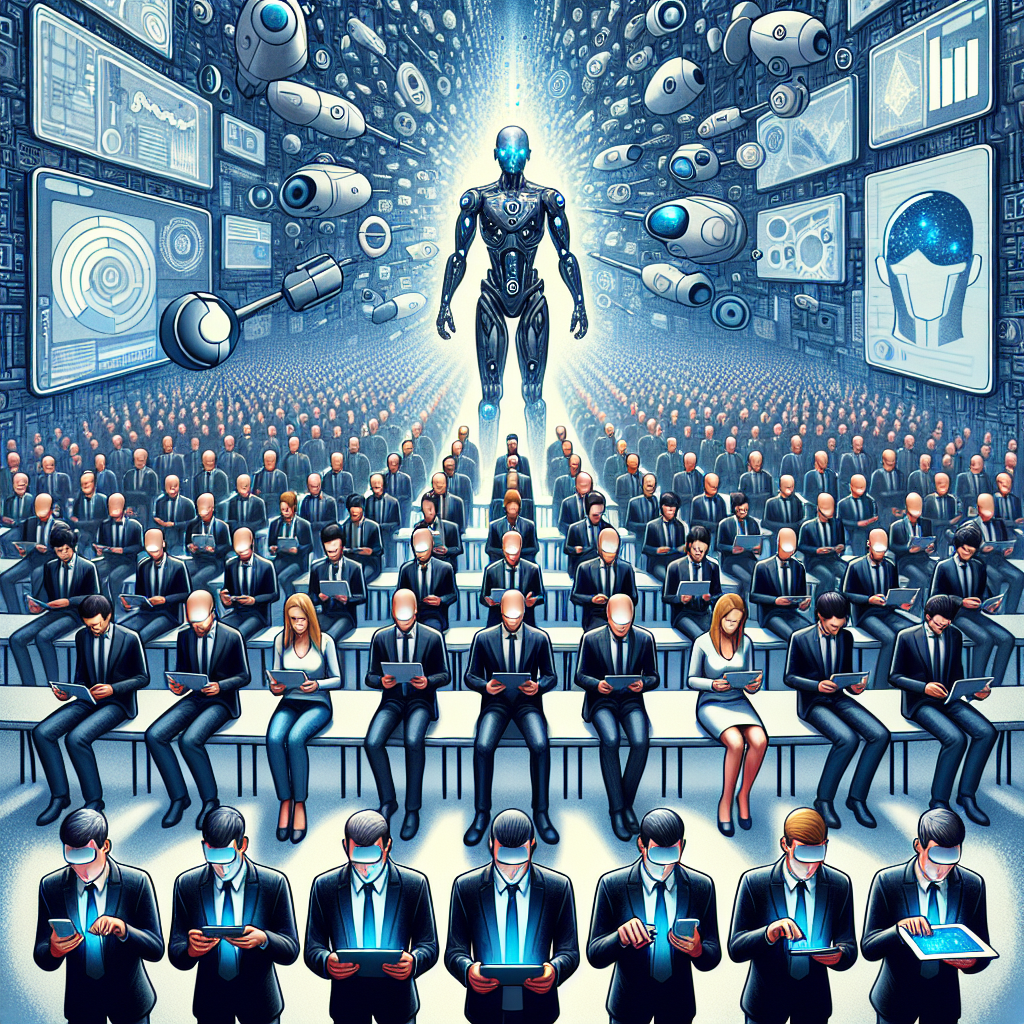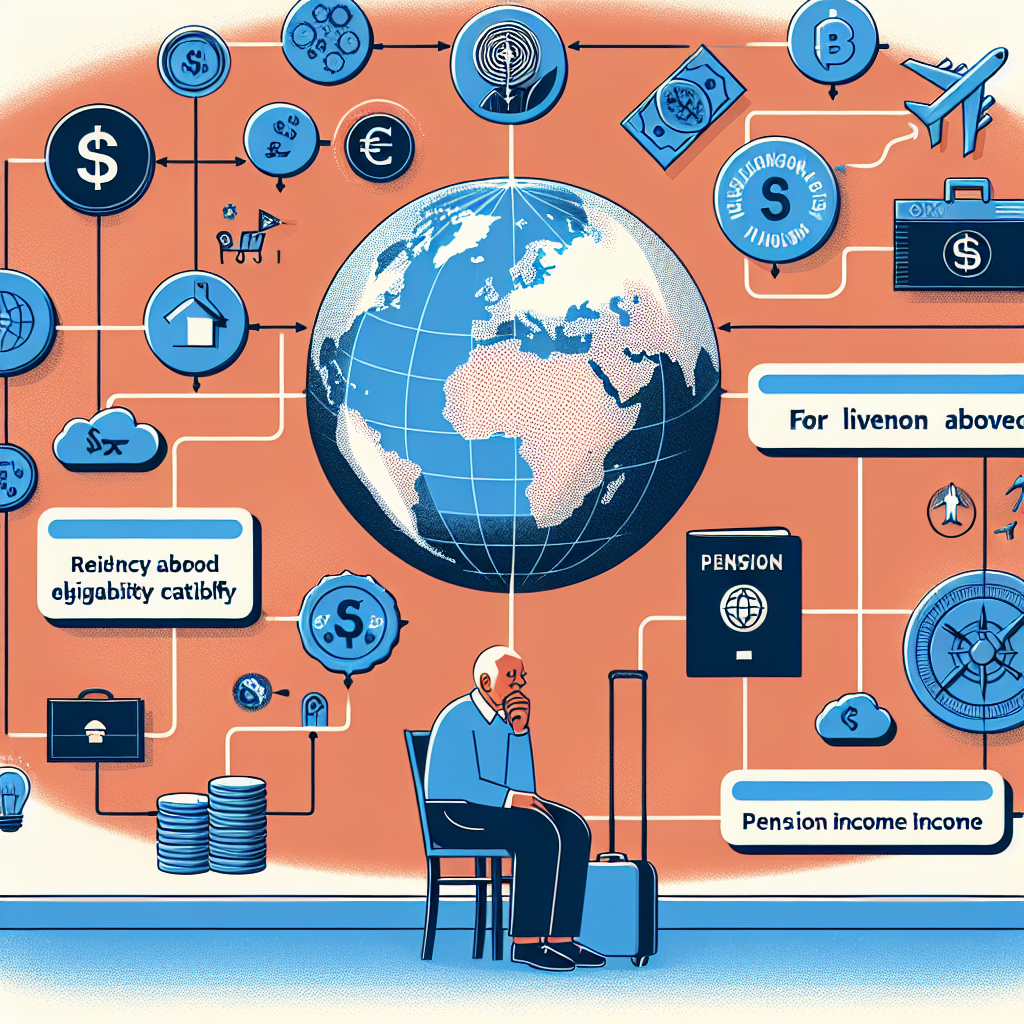
The Death of Individuality: Has AI Made Us All the Same?
by bernt & torsten
In a rush to integrate artificial intelligence into our lives, from content creation to decision-making, humanity may have unwittingly created a monster - one that does not destroy us in a flash of dramatic science-fiction violence but slowly erodes the very fabric of what makes us human: our individuality.
Homogenized by Machines
AI once hailed as a tool to empower creativity and enhance productivity, now appears to be doing the opposite. As more people turn to generative AI models for creating art, writing, music, and even business strategies, something insidious is happening - everything is starting to feel the same.
The allure of convenience and efficiency has led many to rely on AI to generate articles, design logos, or even write screenplays. AI doesn't create from the heart or soul; it regurgitates patterns based on the vast datasets it has consumed. When everyone draws from the same "average" pool of creativity, the unique quirks and imperfections that define human work are ironed out.
We're left with mediocrity: content that is passable, even impressive at times, but devoid of the raw emotional depth, perspective, or idiosyncratic brilliance that only a human touch can provide.
AI's Endgame: Replacing Humans with "Good Enough"
But is this mediocrity by design? Some experts argue it might be. AI doesn’t have to surpass the brightest minds; it only needs to be “good enough” to replace the average worker. And herein lies the danger. By flooding industries with AI-generated content that meets the bare minimum standards, we risk devaluing human creativity entirely.
The argument for AI's widespread adoption is often framed in terms of efficiency and cost-effectiveness. Companies can produce polished marketing materials, blog posts, or even music tracks at a fraction of the cost of hiring professionals. In doing so, they reduce the role of human workers to that of overseers - or eliminate it.
This strategy aligns perfectly with corporations' profit-driven motives. The goal is not to produce the best content or the most meaningful art; it’s to maximize margins. As long as AI can deliver "good enough" results, there’s little incentive to invest in human talent.
The Real Cost of Artificial Brains
Ironically, in our quest to build machines that mimic human intelligence, we may have underestimated the value of our minds. AI doesn't truly understand; it doesn’t experience joy, pain, love, or loss. It cannot draw from a lifetime of memories or cultural context to create something deeply personal. Yet, we are increasingly outsourcing our brains to these artificial constructs.
The consequences of this shift go beyond the economy. What happens to a society when its cultural output becomes sterile and formulaic? When creativity is reduced to a series of predictable algorithms? We risk losing the very thing that makes us human: our ability to create meaning from chaos.
The Profit Motive and the Dumbification of Humanity
The rush to monetize AI reveals another troubling trend: the "dumbification" of humanity. As we offload cognitive tasks to machines, we risk losing our ability to think critically or creatively. Why learn to write when an AI can do it for you? Why develop artistic skills when MidJourney or DALL·E can produce a painting in seconds?
Our reliance on AI makes us dependent on the technology and dulls our minds. In the pursuit of profit, we sacrifice our intellectual and creative autonomy. They are now sidelining the very brains that built these systems.
A Call to Action
So, where do we go from here? The answer is not to abandon AI entirely—it is a powerful tool that has the potential to augment human creativity, not replace it. But we must use it responsibly.
-
Value Human Creativity: We must recognize the unique value of human-created content and be willing to pay for it. Mediocrity is not inevitable; it’s a choice.
-
Educate for Creativity: Our education systems should focus on nurturing creativity, critical thinking, and emotional intelligence—skills that AI cannot replicate.
-
Demand Transparency: Consumers should have the right to know whether a human or an AI created the content they’re engaging with. Transparency can help combat the devaluation of human work.
-
Resist the Profit Motive: As individuals, we must question the relentless drive for profit at all costs. A world run by AI-generated mediocrity may be efficient, but it will not be fulfilling.
Conclusion
The rise of AI represents one of the most significant challenges of our time—not just technologically but ethically and culturally. If we continue down this path without reflection, we risk creating a world that is dull, homogenized, and devoid of human touch. The question we must ask ourselves is: Are we willing to sacrifice our humanity for the sake of convenience and profit?
The choice is ours, but the time to act is now.

Navigating the Procrastination Pitfalls of the AI Tool Explosion
Maintaining focus and productivity is crucial in an era defined by a constant influx of AI...

The Impact of Living Abroad on Pension Eligibility and Income
Understanding how pension systems interact becomes crucial when people work across multiple...

Tech Disillusionment
For four decades, I have worked in the tech industry. I started in the 1980s when computing...